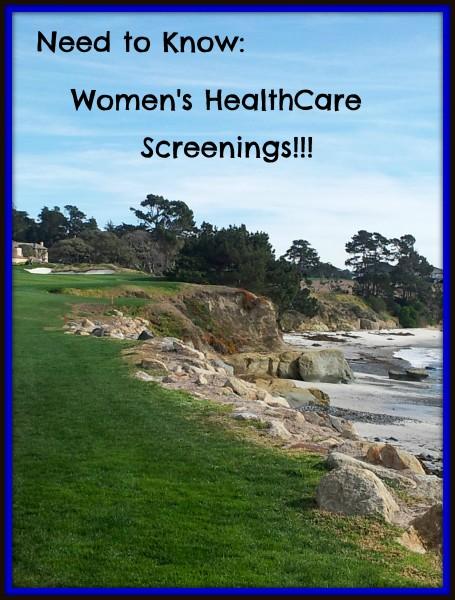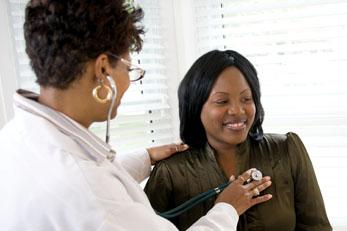Disclosure: This is a sponsored post on behalf of Molina Healthcare.

I’ve reached that age in my life where Healthcare is front and center, where, it can’t be avoided. It also means I need to also research the proper HealthCare Screenings needed to take on a yearly basis, or every few years to catch conditions I may be having before its too late. My mom always TAUGHT me the importance of these screenings and was always a great influence on keeping me motivated to go. Thanks to Molina HealthCare, I was able to get GREAT information about the screenings needed in my life, and how often I should be getting them and thought it’d be VALUABLE information to share with all of you: Screenings help find a condition before you have symptoms, and exactly WHY they are so important.
Breast Cancer Screenings:
Women 50 to 74 years of age should have biennial breast cancer screenings (or mammography). The decision to begin breast screenings earlier than age 50 should be decided by you and you provider. Women should also have breast exams done by their provider annually as well as regular self-exams at home. Breast cancer screenings can catch early signs of breast cancer to begin early treatment.
I’m at that age where I’m really beginning to hear of more and more women getting Breast Cancer, and this is something YOU can’t avoid. Being one of the leading causes of death in women, and why we should always be proactive when it comes to our health.
Cervical Cancer Screenings:
The Pap test is a simple test that checks for changes in the cervix. If detected early, chances of curing cervical cancer is very high. Cervical cancer screening (Pap test) and pelvic exam are encouraged for women between 21 to 65 years old every three years for Pap test who are sexually active and have a cervix. For women between the ages of 30 and 65 years old who want to lengthen the screening time, a Pap test every 5 years when combined with HPV testing.
Although these screenings aren’t always the most fun, I know, from many friends, that it has detected things that have helped lead to future testing. These screenings are there to keep us on tract with our health.

Photo on behalf of Molina Healthcare
Chlamydia and Other Sexually Transmitted Infections (STIs):
Women aged 25 years old and younger should be tested for Chlamydia and other STIs in they are sexually active. Women aged 25 years and older should be tested who have a new sex partner or multiple sex partners. STIs can cause other health problems, make it hard to get pregnant and may affect your baby. Sexually active women should be tested for chlamydia and STIs with each health exam. Speak with your provider if you think you should be tested or treated for chlamydia or any other STI.
Colorectal Cancer Screenings:
Women 50 to 75 years of age should be tested for colorectal cancer. If caught early, it is often treatable. There are several tests that can detect this cancer. The most common test known to many people is a colonoscopy.
With this one, I personally know the affects of Colon Cancer, and having seeing firsthand the effects due to my grandmother. And will be proactive with this test when I reach the age of 50.
Dental Exams:
Every six months, schedule (and keep) your routine dental exam and cleaning appointment. Brush your teeth at least twice daily, preferably after every meal. Floss at least once per day.
Bone Density Test:
A bone density test determines whether you have osteoporosis or are at risk of osteoporosis. Osteoporosis is a disease that causes bones to become more fragile and more likely to break. A bone density test makes it possible to know your risk of breaking bones before it happens to you. A bone density test is recommended for women 65 years of age and older and for younger women at equal or greater risk for the disease. Talk to your provider about when and how often you should have a bone density test. The screening information was provided on behalf of Molina Healthcare. Molina HealthCare Clinics are found throughout the country (over 20). To find a doctor near you be sure to stop by their site for more information.
